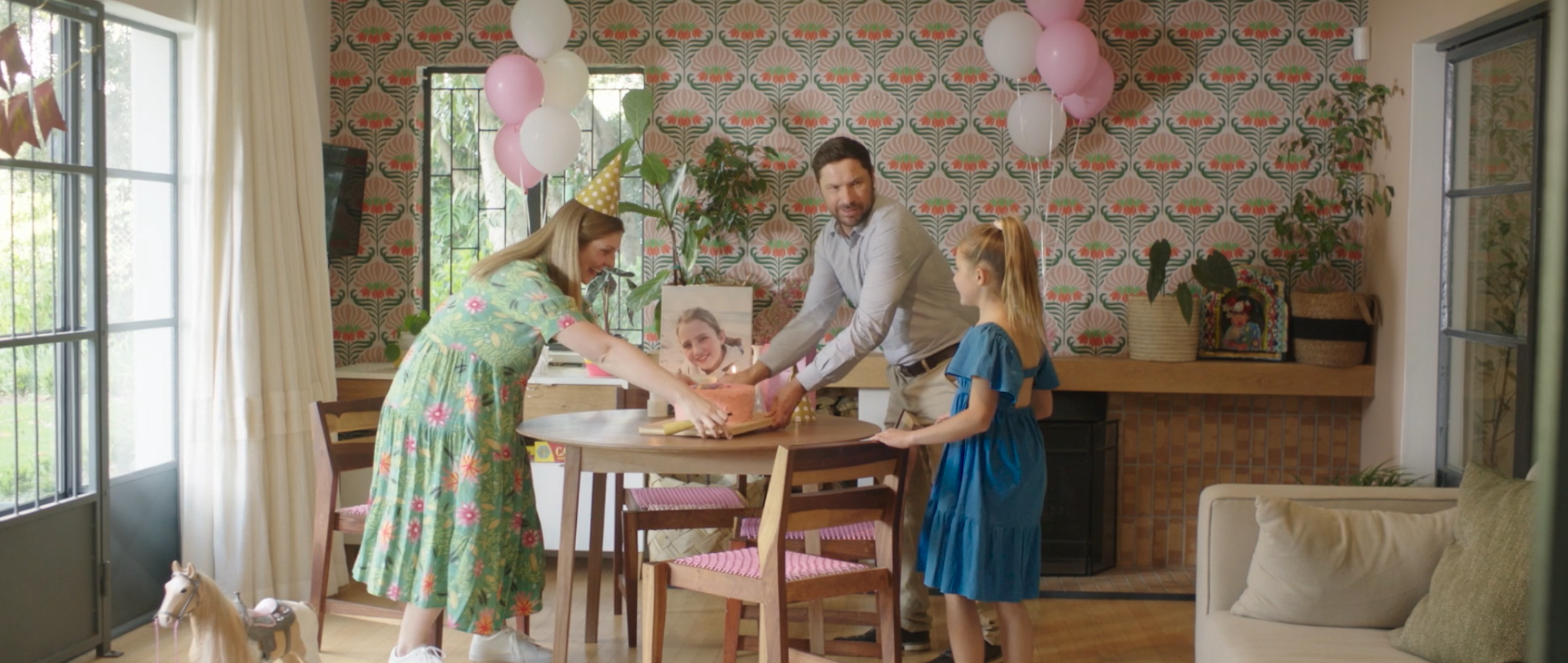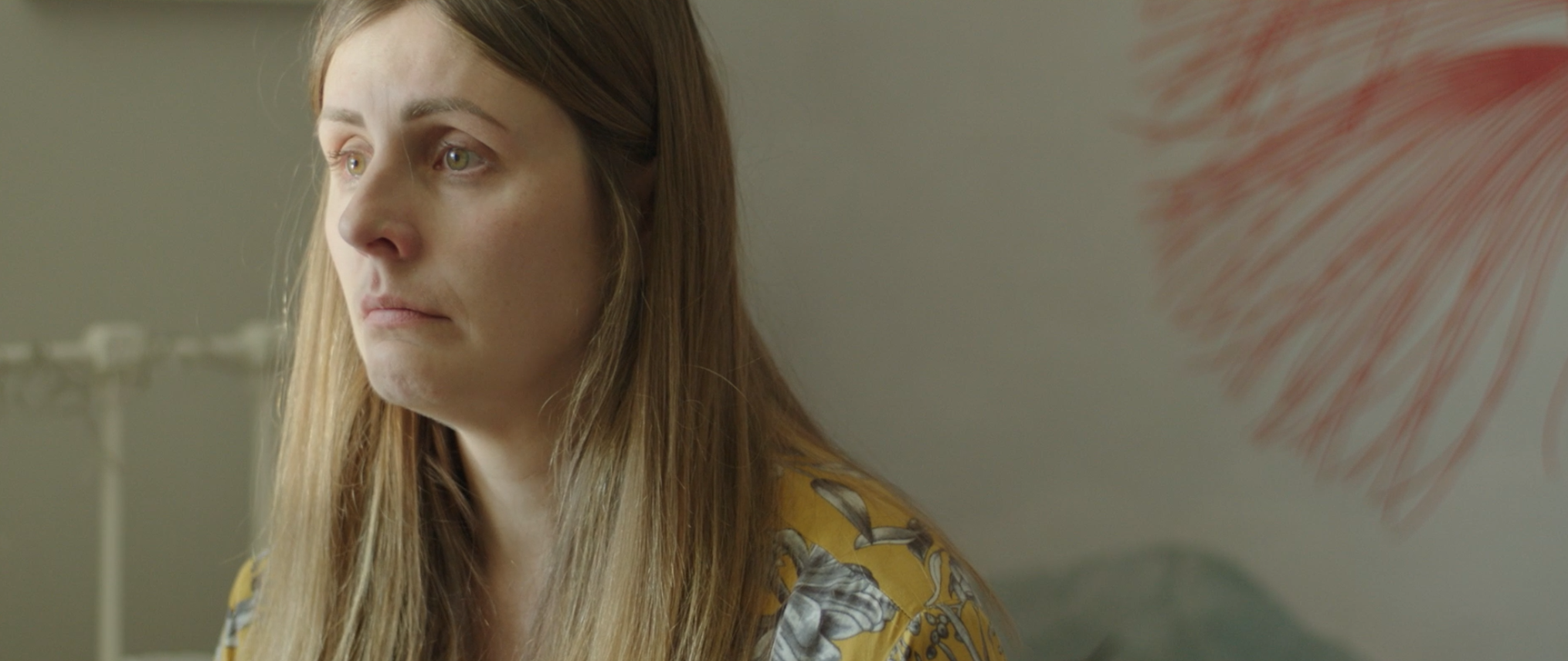



The short film As is a triple debut for Nisa Hockey
You’d never guess from the quality work in the gripping short film As (Ash) but when the cameras started rolling, it marked the first time ever on a film set for its director and screenwriter, Nisa Hockey.
This talented young filmmaker completed her studies at the University of Stellenbosch the previous year, obtaining an Honours degree in Drama with a specialization in Creative Writing cum laude.
As is the moving story of Mara, a mother who hauntingly clings to the last remains of her deceased daughter.
Our curiosity piqued, we asked Nisa about her first Silwerskerm Festival script, first day on set and directorial debut.
- When and how did you decide to become a storyteller?
The move from a conservative small town to an open-minded university really hit home when I arrived at the hostel and met a friendly Muslim girl with something I had never seen in real life before – a nose ring. That one jewel in Minaaz’s nose activated my personal journey. When I walked into the hostel, I fell in love with the human condition and how different all are. My writer’s voice was born that day.
- As is a touching and unusual story about loss and comfort. Tell us more.
A vulnerable mother fixating on her deceased child’s ashes for closeness and comfort is not light dinner table conversation. As a 23-year-old without children, my motivation for telling this story wasn’t obvious.
The seed for As was sown in my second-row seat at Ira Blanckenberg’s 2018 Woordfees production about the loss of her only son. In her one-woman show, she talks about her instinctive hunger to be close to her child and how natural, yet immoral, it feels to want to eat her son’s ashes.
Through the tears I could see a need in mothers who’ve lost children and who, despite the pain, must meet social standards. On top of everything, these mothers are encouraged to adapt their way of processing grief to conform to society, and even worse, to their own families. As is an attempt to assure and reassure the mothers of this instinct, as there is no linear method to process the death of your child, precisely because the death of a child is unnatural.
- How did you, as a directorial novice, prepare for your first day on set?
I decided to use the message of the film as my anchor during the filming process, and to focus on the breathing, heart rhythm and condition of Mara’s story. I could certainly have focused more on my own breathing – especially when Roeline Daneel, who plays Mara, shook my sweaty little hand and assured me we were going to make a nice film. The director on set is, in my opinion, the medical officer for the well-being of the story.
- What challenges did you face during filming?
To plan a scene as a 23-year-old film novice surrounded by seasoned actors, without letting age or experience interfere with the wellness of the story.
- How did the experience of set life differ from your expectations?
I would arrive every day as a director and, after experiencing the calibre of the seasoned crew, I would leave as a humble student of the art of filmmaking. I was also pleasantly surprised by the empathy and professionalism of the child actors and their valid open-minded questions.
As screens on Thursday, 24 August, at 09:00 at the Silwerskerm Festival and will be available on kykNET and Showmax thereafter.
